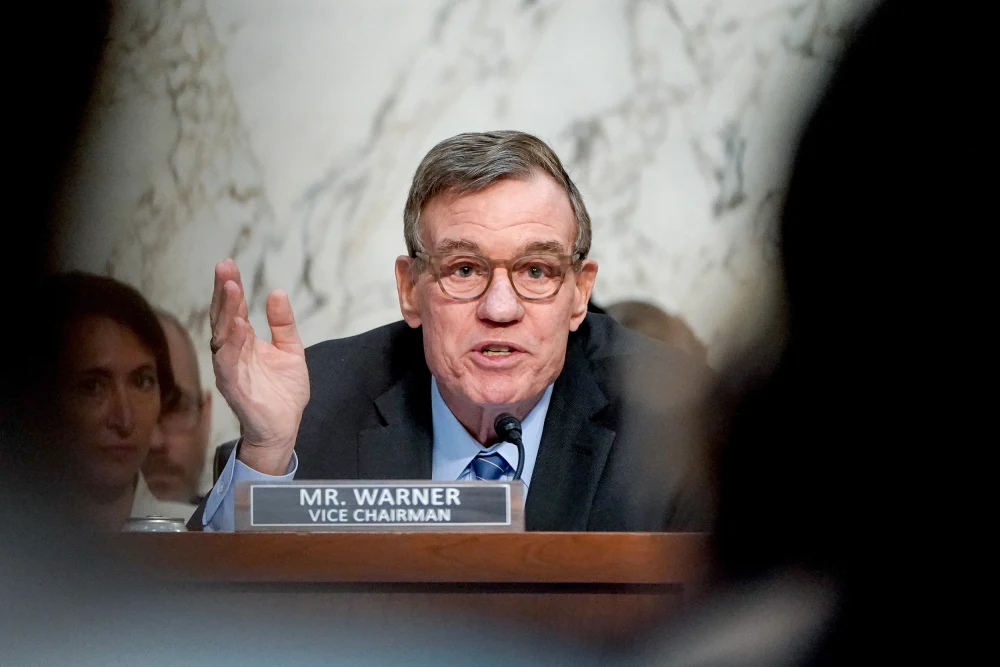U.S. lawmakers are increasingly engaging in bipartisan discussions on technology and artificial intelligence regulation. The move reflects a willingness to cooperate across party lines to address emerging digital challenges.
Officials and policymakers recognize that AI and tech platforms play a growing role in the economy and society. Both Democrats and Republicans are working together to establish rules that ensure innovation, security, and ethical standards. By collaborating, they aim to create policies that protect consumers, support businesses, and encourage responsible technological development.
Recent hearings and discussions have focused on data privacy, algorithmic accountability, and AI safety. Experts say that these bipartisan efforts can help establish clear guidelines, reduce uncertainty for companies, and protect users from potential risks. Cooperation also signals to the public and international partners that the U.S. is committed to stable and effective technology governance.
Industry leaders have welcomed the discussions, noting that predictable regulation helps businesses plan for the future. By addressing concerns across the political spectrum, lawmakers can create a balanced approach that fosters growth while mitigating potential harms from emerging technologies.
The bipartisan focus is seen as a practical response to rapidly evolving technology. With AI becoming increasingly integrated into everyday life, policymakers are under pressure to act quickly and thoughtfully. Cross-party collaboration allows for more comprehensive solutions that consider multiple perspectives and interests.
Observers note that this approach may set a precedent for other areas of technology policy. By demonstrating that political differences do not have to prevent progress, lawmakers can encourage ongoing dialogue on cybersecurity, digital privacy, and innovation standards.
In addition to regulatory benefits, bipartisan cooperation sends a message about U.S. leadership in global tech policy. Other countries closely watch American regulatory approaches, and a unified stance can strengthen the country’s influence in international discussions on AI ethics and technology governance.
The emphasis on collaboration also reflects broader efforts to align public interest with innovation. Lawmakers are focused on creating a framework that encourages technological advancement while protecting citizens, businesses, and critical infrastructure from potential risks.
In summary, increased bipartisan discussion of tech and AI regulation shows lawmakers working across party lines to shape effective digital policy. These efforts aim to balance innovation, safety, and public trust while signaling the U.S. commitment to leadership and cooperation in emerging technology governance.


